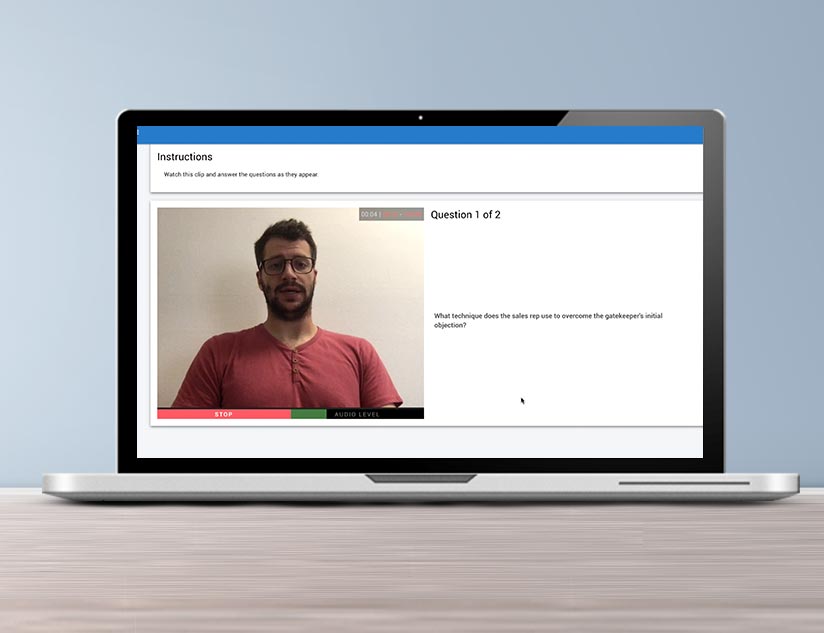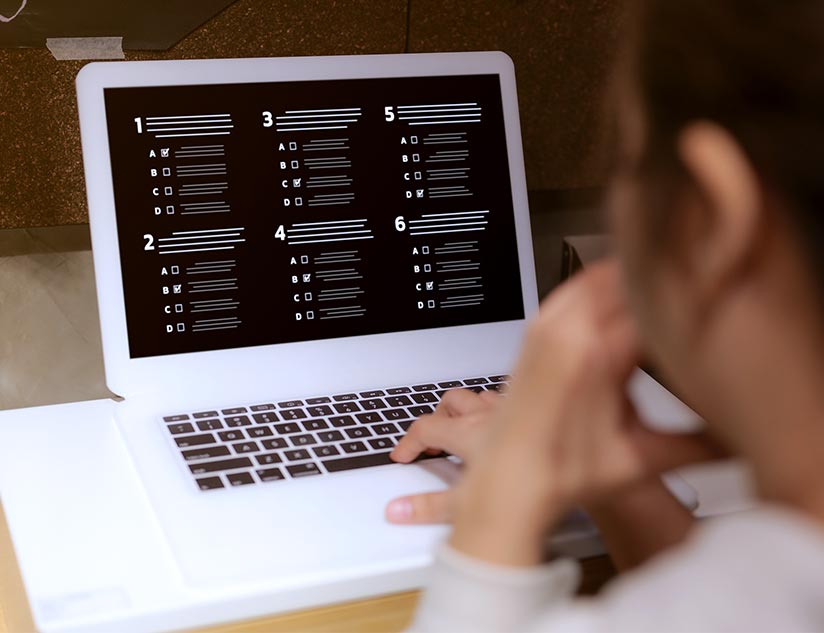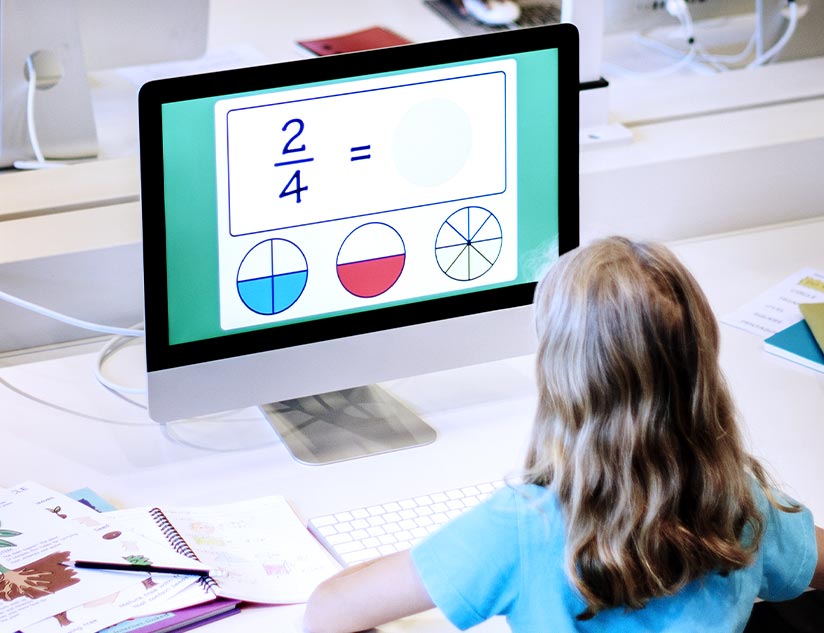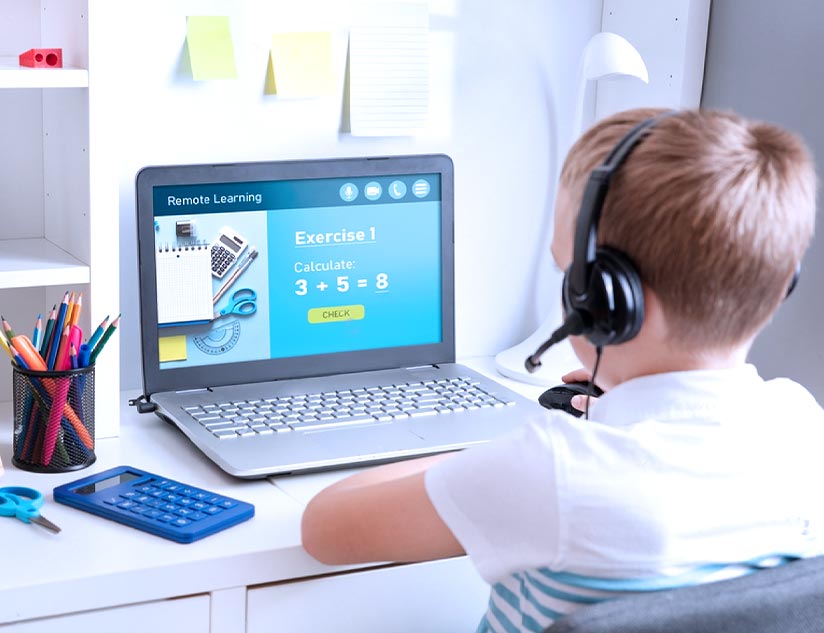Major world events have always had a significant impact on society. These effects are often much wider-reaching than the initial estimates of experts. For instance, after the Great Depression of the 1930s, B2B marketing finally gained traction. Before this period, very few companies took advantage of it. But with the Great Depression, the lack of money made competition extremely fierce. This led to companies finally realizing the value of B2B marketing.
Similarly, during the Second World War, women joined the workforce for the very first time, finding employment in factories and offices. Before this, women working outside the home were frowned upon. But with most men sent to the war front, women had to take on the responsibility. This changed society forever.
The Impact of COVID-19
The coronavirus pandemic has also had a significant impact on many areas of our society, including education. To ensure the safety of students and educators during the pandemic, most schools were closed for months on end. Thankfully, with digital technology and the tireless efforts of teachers and educational institutions, and publishers, education could be delivered remotely.
Although this solved the problem to a large extent, there still were challenges to overcome. The methods of traditional teaching and learning did not always translate well to the virtual front. One such challenge was tailoring effective assessments for the virtual classroom.
The Challenge of Virtual Assessments
Assessments are an incredibly important part of effective education. They benefit not only the students but the teachers as well. Assessments help students understand how they are doing and areas where they need to improve. Additionally, assessments instill a competitive spirit among students to do better. It also motivates them to ask themselves what they can do to improve their performance.
For teachers, assessments tell them about the knowledge base and performance of the students. This can then be used to know about the requirements of the students and supporting them accordingly. Assessments also tell educators if their methods are working or not. They can understand how to tweak their methods to enhance academic performance for students.
But the shift to digital learning is still in its nascent stages. This means that teachers are still discovering ways to assess students in an effective and engaging manner. Plus, the remote aspect can also become a challenge for some. There can be a communication gap and disconnect between the learner and the educator. Teachers can also struggle to provide effective feedback through digital mediums. Feedback is a vital part of learning, which ensures that students are gaining from the assessments.
Tailoring Assessments for the Virtual World
The good news is that with the help of the right EdTech tools and practices, digital assessments can be made extremely effective. Here’s how.
1. Use More Formative Assessments and Feedback
Formative assessments help the learning process by evaluating the student’s performance throughout the learning process. The main aim of formative assessment is to monitor the student’s learning progress and provide continuous feedback, instead of grading at the end of the entire session. These assessments can tell what changes the course content and lesson structures also need. This is highly beneficial since some teachers could be unsure of the effectiveness of their teaching with online methods. Additionally, they offer students a voice in the teaching process. With small questionnaires at the end of lessons, students can express their satisfaction or dissatisfaction. These benefits help formative assessments improve student engagement and motivation.
2. Take Advantage of Video Assessments
In simple terms, video-based assessments use video recordings as evidence for evaluating student performance. The main benefits of video assessments are:
- Improved Engagement
Teachers often struggle to make virtual assessments engaging. This problem can be solved with video assessments. Videos are much more engaging than plain text. This is because the human brain has evolved to keep track of movements to avoid danger. This makes videos extremely attractive to students.
- Personalized Feedback
In remote learning, there can often be a loss of the human touch in learning. This can cause students to feel disconnected and disinterested. But with video assessments, teachers can give personalized feedback to every student, using time-stamped video comments and text. More importantly, they can speak to students on a one-to-one basis.
- Assessing Soft Skills
Video-based assessments are also highly beneficial when assessing soft skills. This is because you can test a much wider range of skills through video, compared to traditional assessments.
3. Utilize Adaptive Assessments
It is important to realize that each student is different. At times, educators can fail to realize the specific requirements of students in remote learning. This is where adaptive assessments come in. In these, there is a large pool of questions. Depending on the responses of the students, the next question is selected. For instance, if the student answers the questions correctly, the difficulty level is increased. Similarly, if they answer multiple questions incorrectly, the difficulty level is lowered. These assessments have been found to be more effective than fixed-form tests.
4. Learn More About Online Assessments
EdTech makes it possible to effectively and easily tailor assessments for the virtual world. MagicBox™ is an award-winning digital learning platform with a robust assessment engine. It allows educational publishers and institutions to customize assessments, create new ones, modify existing ones, and much more.
In association with NTN, MagicBox™ is hosting a webinar on Unlocking the Infinite Power of Data to Address Math Learning Gaps, on December 3, 2020. The webinar is a rich resource to understanding how learning progress can be assessed. It will cover key issues in assessing learning gaps, such as:
-Keys to effectively using formative assessment to diagnose and address individual student needs on an ongoing basis
-Keys to empowering teachers to best manage their workflow in a remote space
-MagicBox – Empowering educators to deliver and track personalized assessments for student achievement through:
1. Dynamic Assessments – Scantron, Video, Audio, Text-based
2. Assess on any subject or skills
3. Real-time feedback for Parents
4. QTI based TEIs
Registrations are open for the webinar and anyone interested in tailoring assessments to the virtual classroom is welcome. Contact us to know more about easing digital assessments.















